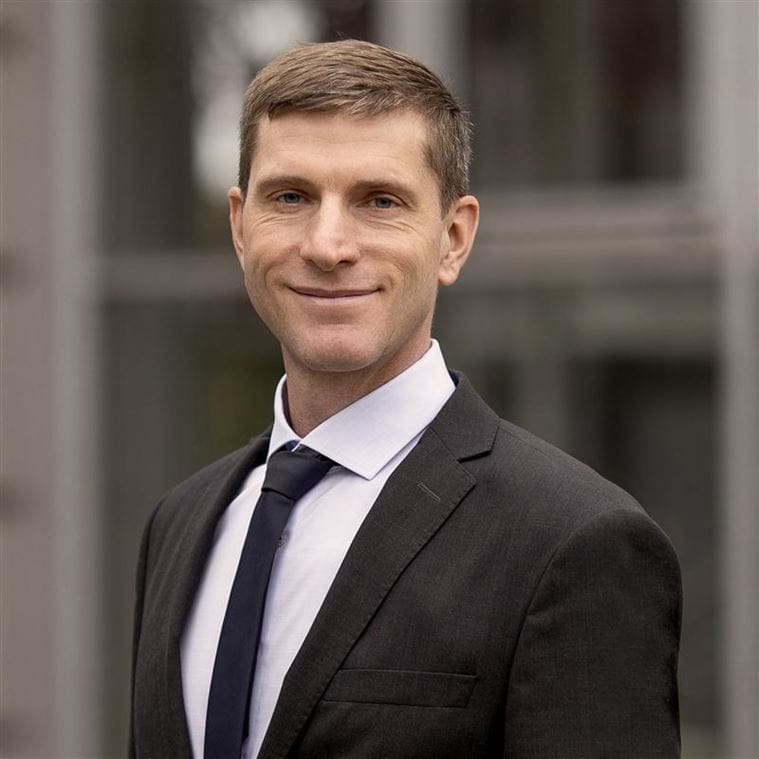From Drain to Irrigation: Innovative Wastewater Recycling in Nablus
Palestine has a critical water shortage problem; water shortages are most acute for agricultural irrigation, which consumes 90% of the available water supply. This is compounded by the fact that most Palestinian wastewater is not treated and therefore cannot be reused. The recently adopted Palestinian National Water Strategy thus considers the reuse of treated waste water to be of high importance.
The public development financing organisation (KfW) has initiated a development project towards improving wastewater treatment to the north of the West Bank. The Nablus city council commissioned CDM Smith to join forces with Dahlem Consulting Engineers and two local consulting firms in implementing this project. Specifically, the project entails the tendering and supervision of the construction of wastewater treatment systems, industrial wastewater pretreatment facilities, and a second wastewater treatment plant for Nablus and six neighbouring villages. In addition, we are training local staff and providing technical consulting services for 2 years.
Wastewater is an important resource with enormous improvement opportunities in agricultural production. Our project supports Palestinians by helping them tap into this resource for irrigation.
A pilot project to recycle treated wastewater for irrigation has yielded especially promising results. Wastewater is the only water resource that does not involve political conflict in the Palestinian territories. CDM Smith supports the project which is the first of its kind and an important milestone for future projects in Palestine, and is scheduled for completion in 2021. In the future, the originally contracted agreed irrigation area of 20,000 m² will be extended to 2.5 km² on the basis of a feasibility study.
Recycling treated wastewater is significantly increasing agricultural activity in the region, creating jobs and contributing to an increase in income for farmers. Moreover, it improves environmental protection because the usage of treated wastewater allows higher cleanliness standards.

We are dedicated to improving the quality of life for communities worldwide.


